

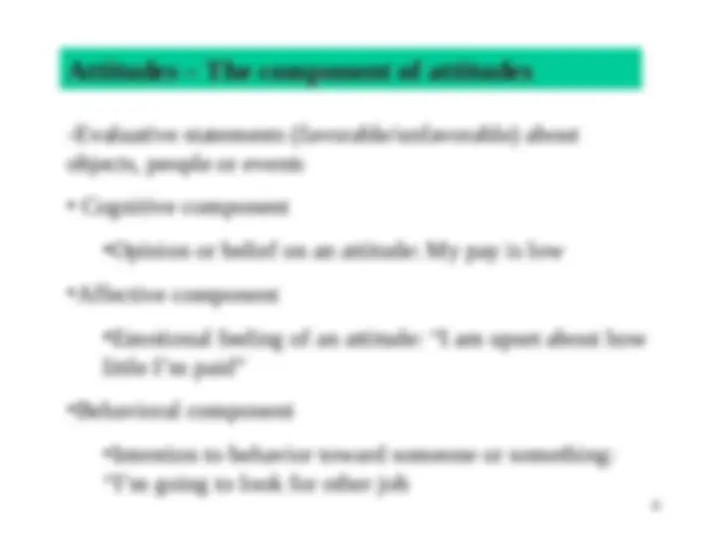
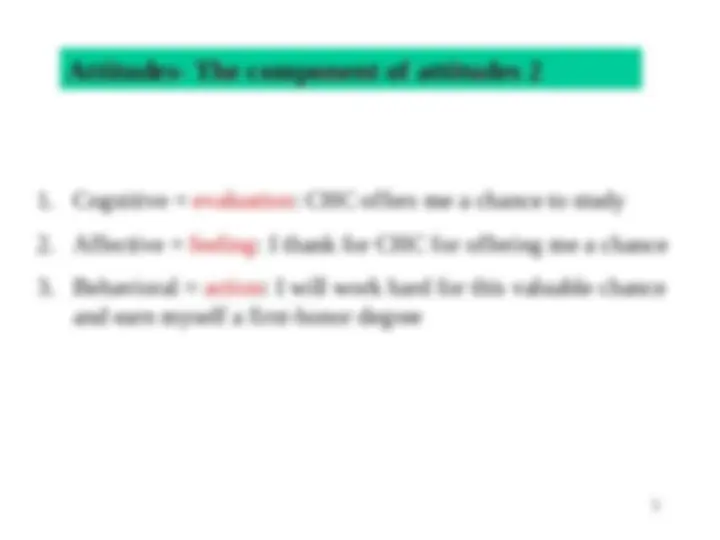
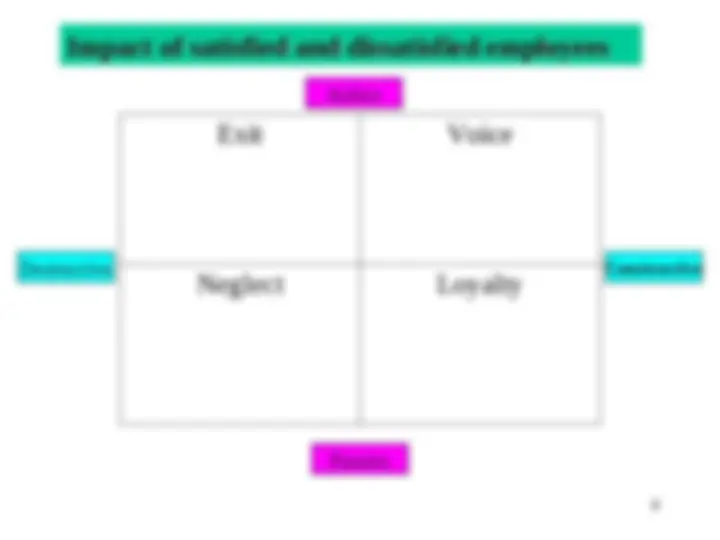
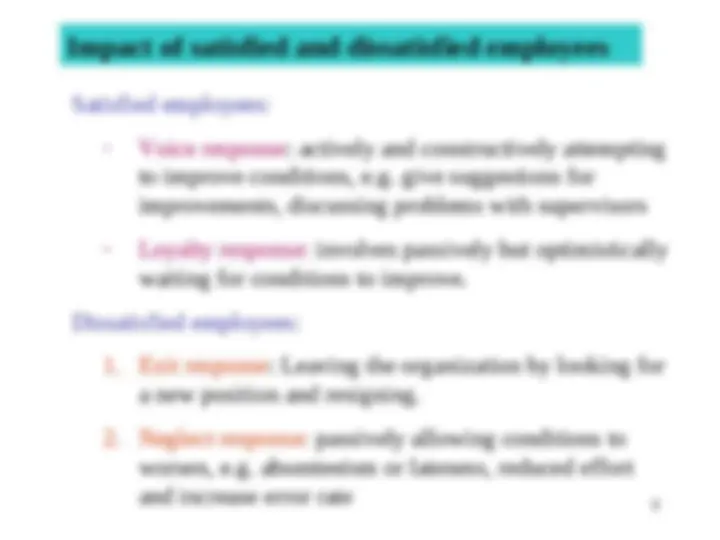
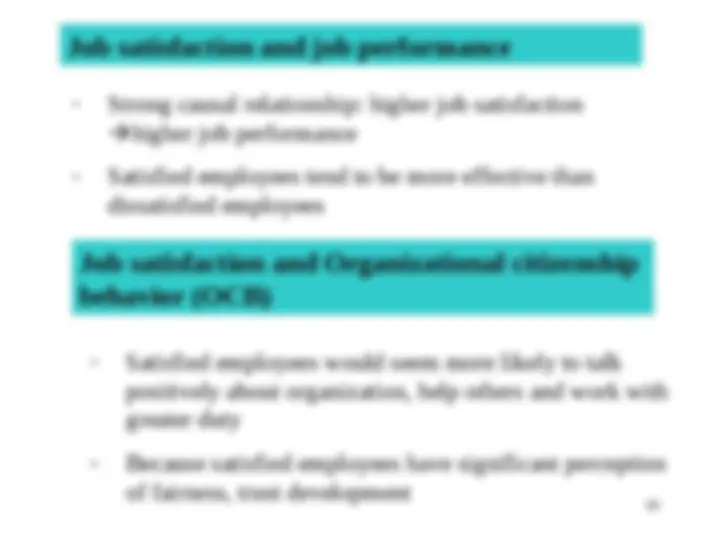


Study with the several resources on Docsity

Earn points by helping other students or get them with a premium plan


Prepare for your exams
Study with the several resources on Docsity

Earn points to download
Earn points by helping other students or get them with a premium plan
Community
Ask the community for help and clear up your study doubts
Discover the best universities in your country according to Docsity users
Free resources
Download our free guides on studying techniques, anxiety management strategies, and thesis advice from Docsity tutors
Political risk increases the rate of return re$uired to invest in foreign pro9ects. )ome foreign pro9ects would have (een feasi(le if there was no political risk- (ut will not (e feasi(le (ecause of political ris
Typology: Thesis
1 / 12

This page cannot be seen from the preview
Don't miss anything!







2
Google:
-Evaluative statements (favorable/unfavorable) about
objects, people or events
Cognitive component
Opinion or belief on an attitude: My pay is low
Affective component
Emotional feeling of an attitude: “I am upset about how
little I’m paid”
Behavioral component
Intention to behavior toward someone or something:
“I’m going to look for other job
and earn myself a first-honor degree
Work itself
Promotion
Relationship with co-workers
benefits
Job security
Opportunities to use skills
Destructive
Active
Constructive
Passive
Strong causal relationship: higher job satisfaction
higher job performance
Satisfied employees tend to be more effective than
dissatisfied employees
Satisfied employees would seem more likely to talk
positively about organization, help others and work with
greater duty
Because satisfied employees have significant perception
of fairness, trust development
Consistent negative relationship between satisfaction and
absenteeism
Satisfied employees tend to have higher attendance, but
the absenteeism is also affected by other factors, such as
health, study ..etc.
Satisfaction is strongly negatively related to turnover.
The higher the satisfaction on work, the less likely the
employees leave the job.
But turnover is also affected by other factors: labour-
market situation length of tenure, retention schemes, etc.